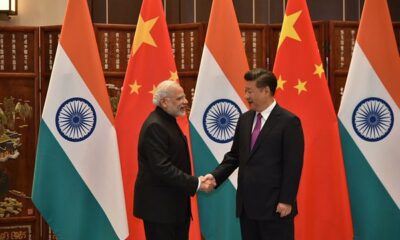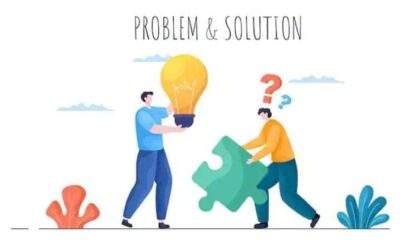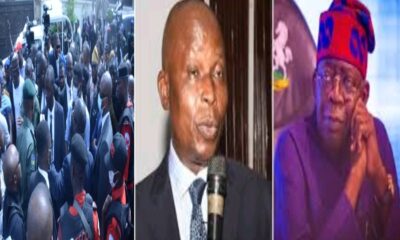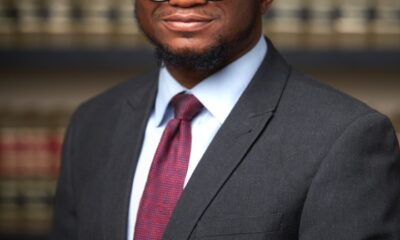Economic Issues
Buhari’s Offerings and the Imperative of a New Deal -By Sufuyan Ojeifo
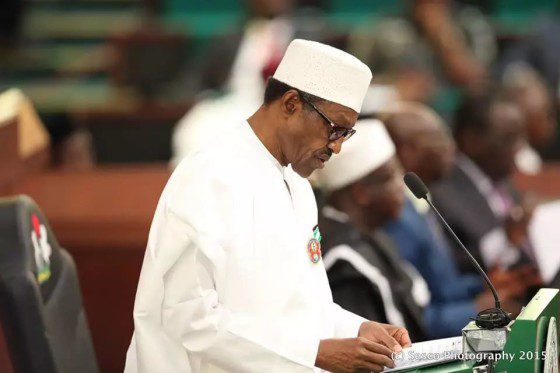
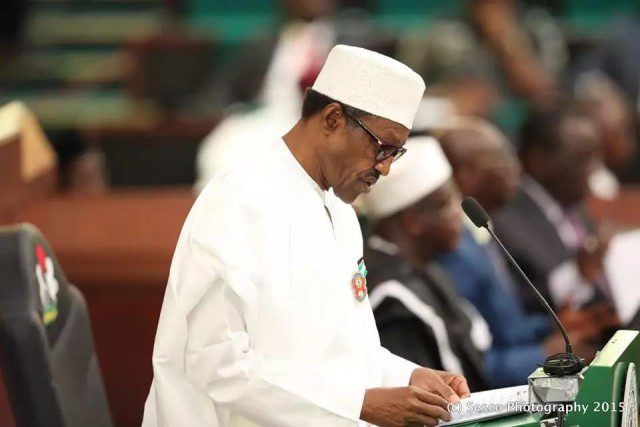
It is common knowledge that President Muhammadu Buhari is alive. This is heartening for well-meaning Nigerians but not for mischief makers who had wished that the wicked rumour they deliberately packaged and instigated turned real. Presidential spokespersons and other officials of government, who have the duty to tell Nigerians and the rest of the world the truth about Buhari’s whereabouts, had put up a spirited defence of the president in the best ways possible, notwithstanding the proclivity by a vast majority of Nigerians to take them and their narratives with a pinch of salt.
They must, however, continue to disabuse the minds of Nigerians that Buhari is not incapacitated, until he returns to his desk at the Aso Rock Presidential Villa. But the truth – around which there is a national consensus – is that Buhari is not enjoying the best of health. And, this is understandable. At 74, he is easily vulnerable to physical exertions. After all, how many septuagenarians in our part of the world – where life expectancy is 47 years – enjoy the best of health? Some may want to posit that Buhari should have considered the age factor before deciding to present himself for the job. Good point, no doubt!
A counter point is that Buhari deserves commendation for responding to the urgency of national redemption without considering the incalculable damage the pressure of office could do to his age. This is a measure of his patriotism and love of country, making him take up the gauntlet to serve when those earlier in power appeared to have misunderstood the political economy and wantonly mismanaged the wealth of the nation.
In taking up the challenge of governance, he was, perhaps, consumed by the wrong assumption that the Nigeria he ruled between 1983 and 1985, within a timespan of 20 months, before being ousted in a palace coup is the same country he had fought hard since 2003 to govern. He succeeded in 2015. He has, however, been humble enough to confess that it is not the same Nigeria and that he had, indeed, underestimated the nature of the problems confronting the nation. That is commendable.
It is also commendable that Buhari is fighting hard to recover the nation’s looted funds. This is a good starting point. The Economic and Financial Crimes Commission, under Ibrahim Magu’s command, must be given plaudits for successfully driving Buhari’s anti-graft machinery along the line of the recovery of stolen public funds. Even if this is the only achievement of Buhari in four years – the return of public funds to the government’s coffer and prevention of officials from perpetrating the same perfidy – he would have helped to inculcate in the bureaucracy a renewed sense of moral realignment that underscores the fact that public funds are our commonwealth to be deployed for public good and not to be stolen to satisfy gluttonous personal aggrandisement.
Indeed, Buhari would have built a huge legacy that typifies a renaissance in the prudent management of public finance. Had the previous governments been judicious, they would have built up savings for us and invested heavily in the administrative machinery that would have translated into the accumulation of capital and development of a sophisticated infrastructure that will underpinned a robust economy largely immune to recession.
Nigerians should rally support for the president in his anti-graft war. I believe he will get the maximum support if the garb of alleged selectivity that makes the anti-graft agency seem to target only plunderers who happened to be in the immediate past Peoples Democratic Party (PDP) government is removed and the inquisition is made to include all who committed financial crimes, regardless of party affiliation(s).
Besides, there is the impression being created with respect to the overall outlook of governance – that Buhari promised to transform Nigeria within a year. That is not correct. Even the intervention by the minister of Transport, Rotimi Amaechi, that Nigerians gave the APC government a four-year mandate and, therefore, should wait till the end of the term is also not the correct position. Buhari was very clear in his interview with The Cable in 2014 before he emerged as the presidential candidate of the APC that it would take a minimum of five years to take Nigeria out of the woods and had said that Nigerians should be ready to suffer for that long.
The PDP even made an issue out of this during the electioneering through a paid advertorial, with which it called public attention to the danger of voting for a man who had declared, point-blank, that they would suffer for five years. Nigerians discountenanced the public service announcement and voted for Buhari. It would appear they realised that change is always not a sweet experience and had accepted to cooperate with him in displacing the status quo and compromised officialdom that had been entrenched in our body politic over the years.
But the poor masses who are victims of the current economic hardship can no longer remain steadfast in their original support for him. It is, therefore, time to focus on the economy. The economy must be taken out of recession. It is doable. The president only needs to mobilise the nation’s economic potentials. Where are the Nigerian equivalents of the British economist, John Maynard Keynes (1883-1946), whose “Keynesian Solution” or ”Economics” had a major impact on modern economic and political theory and on many governments’ fiscal policies? He helped to formulate certain functions Britain and US needed to discharge to stabilise the international economic system. The bottom-line was massive state interventions.
We have them here in their numbers. Buhari should search out a solid economic team to chart the way forward. The countries that were badly affected in the western world during the depression, for instance, intervened to push up market demands by undertaking public works and financing them through money creation (deficit financing). This generated additional income and employment, with market demand for goods and services gradually picking up. Consequently, normalcy was restored and development resumed.
In the United States of America, it was called the New deal. The New Deal was the domestic programme of the administration of President Franklin D. Roosevelt between 1933 and 1939. The deal brought about immediate economic relief, as well as reforms in industry, agriculture, finance, water, power, labour, and housing, greatly increasing the scope of the federal government’s activities.
The New Deal generally embraced the concept of a government-regulated economy aimed at achieving a balance between conflicting economic interests, as opposed to the traditional American political philosophy of laissez-faire. Here, APC during the electioneering in 2015 successfully de-marketed former President Goodluck Jonathan with its mind-boggling promises. Buhari just flowed along. It is time to come to terms with the reality of fulfilling those promises.
And, one assignment that requires urgent attention is tackling the economic recession (or is it depression?). Roosevelt’s New Deal could be adapted. If not, there must be Buhari’s New Deal to save the economy. The suggestion by former governor of Lagos, Senator Bola Ahmed Tinubu, in his recent National Defence College Course 25 Lecture that Nigeria should spend her way out of recession remains apposite. There is a need for serious state intervention. It is imperative to save the national economy. Buhari can make it happen.
Sufuyan Ojeifo, journalist and publisher, sent this piece via ojwonderngr@yahoo.com



